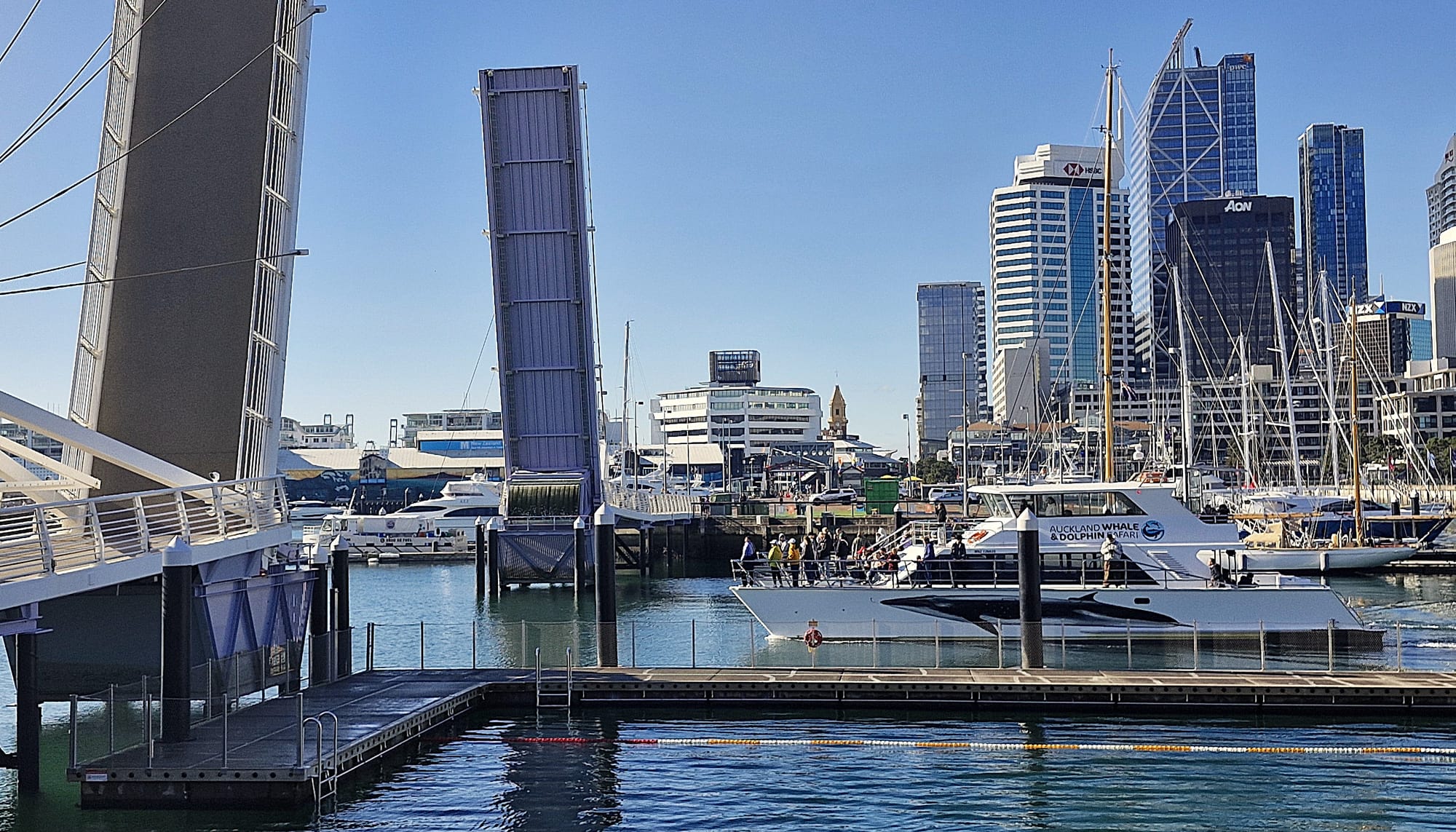NZX50 sinks as stalled economy paves way for steeper rate cut
Infratil wants a new home for Qscan.

New Zealand’s S&P/NZX 50 index joined swap rates and the kiwi dollar lower after a surprisingly large economic contraction in June underlined the need for the Reserve Bank to provide greater support in the form of cheaper finance.
Infratil led the local market lower after affirming its annual guidance at its annual investor day, and signalling plans to sell its Qscan medical imaging business in Australia.
Across the Tasman, the S&P/ASX 200 index was also weaker as energy stocks joined Santos lower after the gas giant’s A$36.4 billion takeover bid by Abu Dhabi National Oil Co evaporated when the state-owned firm’s interest in the Australian producer waned after looking under the hood.
That all followed the Federal Reserve’s much anticipated quarter-point rate cut on Wednesday in the US, which spurred the Nikkei 225 index to a new record ahead of the Bank of Japan’s policy meeting.
Cool intentions
New Zealand’s gross domestic product shrank 0.9% in the June quarter, with a slowdown in manufacturing activity the biggest drag on the domestic economy, according to Statistics New Zealand. That was a deeper contraction than economists predicted, and prompted several bank research teams to change their forecasts on the Reserve Bank’s interest rate track, picking sharper reductions this year.
The kiwi dollar dropped to 59.12 US cents at 5pm in Auckland from 59.79 cents yesterday, while two-year swap rates fell 10 basis points to 2.71%.
The NZX50 sank 104.92 points, or 0.8%, to 13,123.46, with 30 stocks declining, 11 gaining, and nine unchanged. Turnover across the main board was $127.2 million, of which Fisher & Paykel Healthcare accounted for $22.9 million as it increased 0.1% to $37.48.
“Swaps are way back, currencies are way back and the market’s dropped as well,” said Peter McIntyre, an investment adviser at Craigs Investment Partners. “It’s opened the door for a 50 basis point cut.”
Markets across Asia were mixed as investors digested the Federal Reserve’s well-signalled quarter-point rate cut, with the new appointee Stephen Miran the only voice of dissent as he sought a bigger reduction. Japan’s Nikkei 225 was up 1.5% in late trading, with the Bank of Japan due to review policy on Friday, following the Bank of England overnight.
The kiwi fell to 89.16 yen at 5pm in Auckland from 89.57 yen yesterday, and declined to 43.45 British pence from 43.83 pence.
No deal
New Zealand’s market was joined by the ASX200 falling 0.7% in late trading, with energy stocks such as Woodside Energy and Beach Energy on the red side of the ledger as Santos sank 12% after ADNOC backed out of a takeover, deciding not to press ahead with a formal offer after its period of due diligence.
Energy companies on this side of the Tasman were also weaker, as Mercury NZ fell 1.8% to $6.65, Meridian Energy declined 1.1% to $5.63 and Contact Energy was unchanged at $9.20. Genesis Energy slipped 0.8% to $2.37 after appointing former Contact chief David Baldwin to its board.
Infratil led the NZX50 lower, sliding 3.1% to $12.11 after holding its annual investor day conference in Sydney, where it reaffirmed earnings guidance and its targeted annual returns of 11%-to-15% over a 10-year rolling period. The infrastructure investor also signalled plans to sell its 57% stake in Australian imaging firm Qscan, which it’s held for four-and-a-half years.
The prospect of lower interest rates didn’t buoy listed property companies, with Vital Healthcare Property Trust the only one on the green side of the ledger as it rose 1.9% to $2.18. Kiwi Property Group fell 2.8% to $1.03, Stride Property Group slid 1.5% to $1.33, and Property for Industry declined 0.8% to $2.48.
Of the companies shedding rights to their upcoming dividend payments, a2 Milk Co fell 2.6%, or 26 cents, to $9.71 as it gave up rights to an 11.5 cent dividend, Tourism Holdings declined 1.5%, or 4 cents, to $2.59 ahead of its 4 cent dividend, and Port of Tauranga shed 1.5%, or 11 cents, to $7.30 having given up rights to a 9.7 cent dividend.
Briscoe Group slipped 0.2%, or 1 cent, to $5 as it gave up rights to a 10 cent dividend, and after appointing Mark Cairns to its board.
Sky Network Television posted the biggest gain on the benchmark for a second day – and its fourth in a row – as it rose 1.9% to $3.26, while Air New Zealand was the most heavily traded stock on a volume of 3.2 million shares as it gained 0.8% to 60 cents.
Reporting by Paul McBeth. Image from Curious News.







